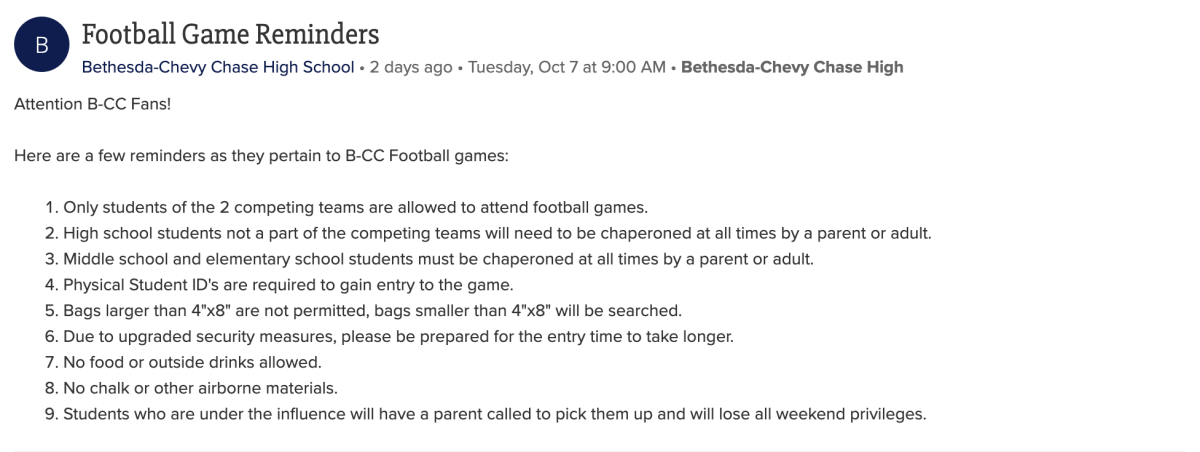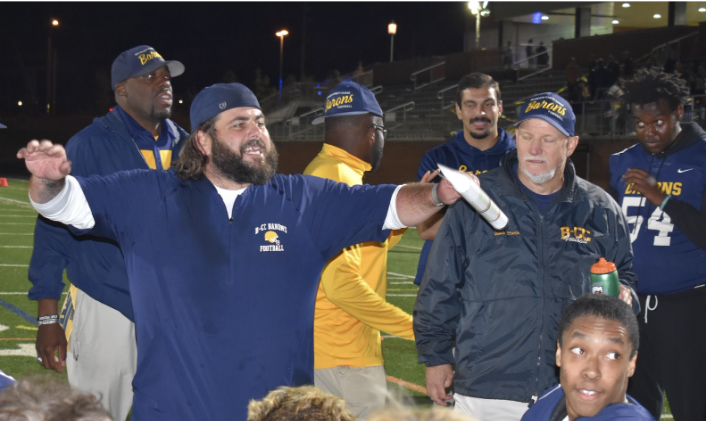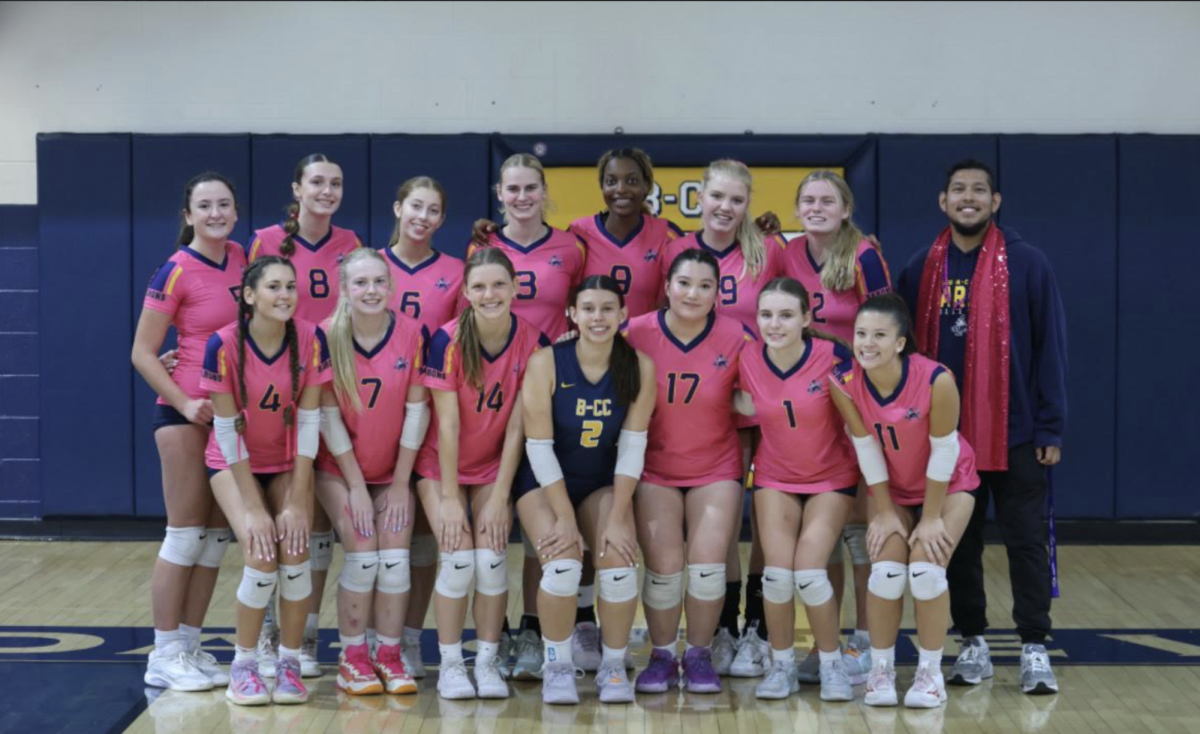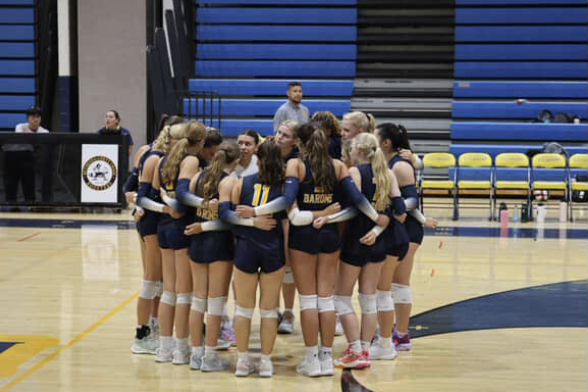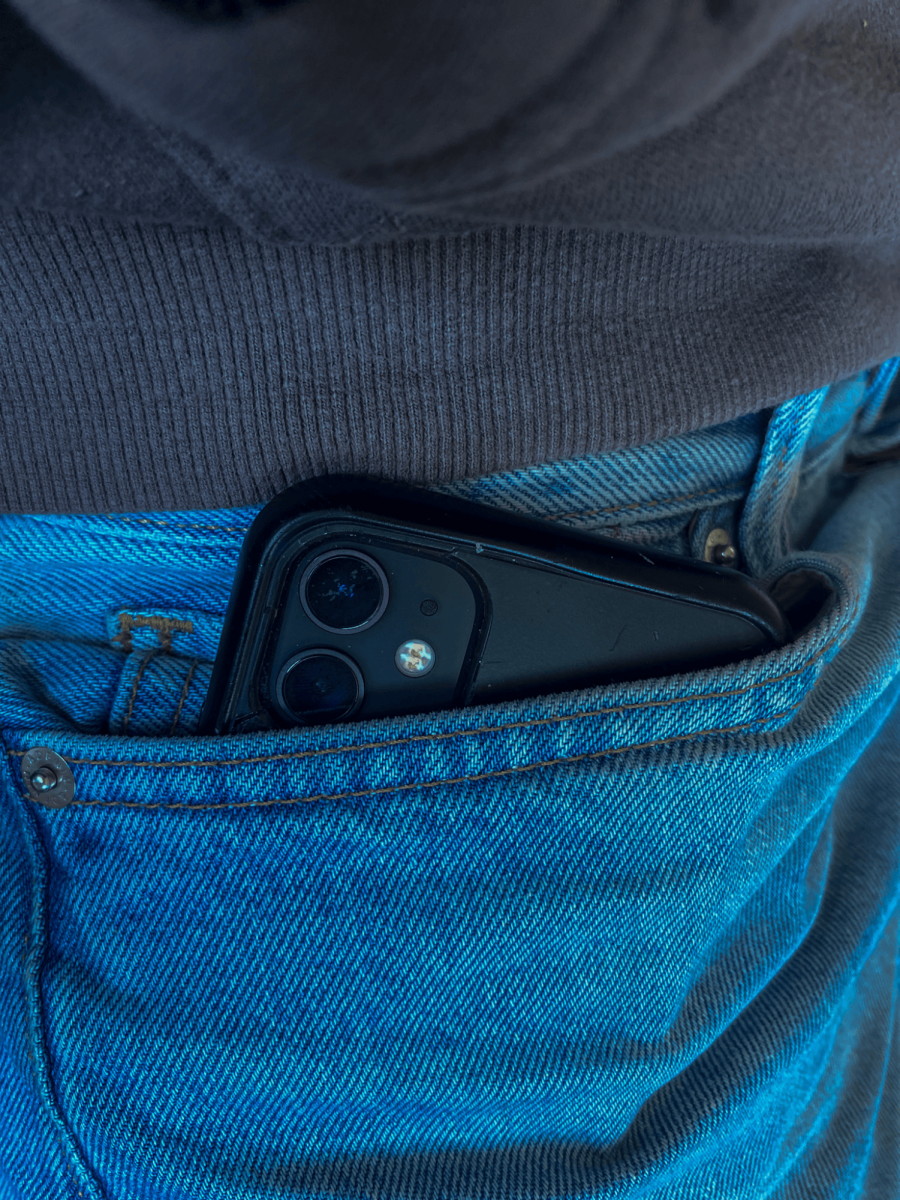The Facade of Politeness
May 26, 2023
Saying “Thank you” and “Sorry” are basic manners that have recently lost much of their significance. Not only that, but they are becoming reduced to slang, such as “appreciate it” and “my bad.” While basic manners seem to be an outdated custom that don’t apply to today’s society, respect is the focal point of their importance.
With the rise of social media and instant messaging, people have become accustomed to using informal language, such as abbreviations, slang, and emojis, in their daily conversations, leading to a decline in traditional etiquette and politeness. “I need to be very careful when I talk or text with my boss at work to make sure that I don’t send them anything that can be misinterpreted as unprofessional or inappropriate,” said junior Asher Wilks.
Now, saying a simple thank you is not able to convey genuine gratitude as the overuse of the phrase clouds it. Similarly, sorry’s usage has drifted toward two cases: over-apologizing or a cop-out. “It’s hard to tell when people mean the words of their apologies. I feel like people now say sorry in the same way whether they are accidentally bumping into a stranger on the street or quieting down after getting caught interrupting class,” said junior Levi Forstner.
However, this is different for people everywhere, as cultures worldwide differ in how they show respect. “In Korea, there is one phrase you can say to a friend that is an informal way to say thank you, but that’s it,” said senior Rachel Pastreich, adding, while talking about her experience growing up in Korea, “There were more signs of appreciation or respect, such as how you bow when you see someone older than you… In the US, everything is more casual.”
Similarly, the culture surrounding respect in many Arab countries also differs from America. “There is one phrase that is used [to show appreciation], which roughly translates to ‘thank you so much, you did everything for me, and I appreciate it,’” said senior Fahad Alfadhli. Again, this phrase is formal and has few casual alternatives. Alfadhli was born and raised in Kuwait, and regarding the general culture of respect here, he agrees with Rachel, saying, “It’s very different in the US.”
Linguistic experts say language has been evolving since its inception and will never go away. Words come and go with popularity, just like manners and other behaviors. And, similar to conversational English, informality has spread toward manners.
The words “thank you” and “sorry” may have lost their meaning to a large degree, but being respectful has not lost its place in society. Keep telling your parents to thank you for putting food on the table and continue apologizing for your wrongdoings because it’s not about what you say but the sincerity you say it with.



